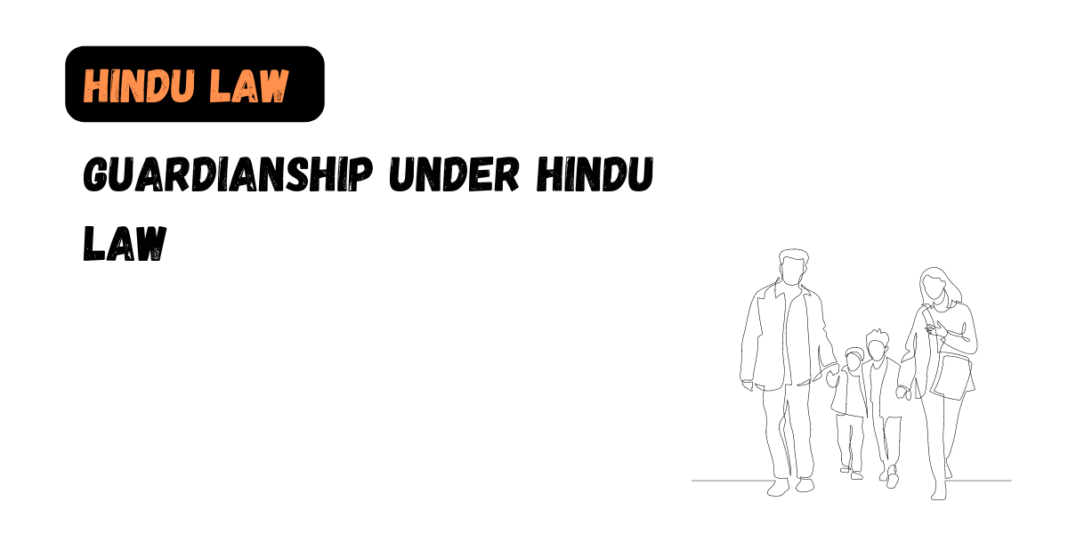Guardianship under Hindu Law refers to the legal authority granted to a person to take care of and make decisions for a minor child or an incapacitated adult who is unable to take care of themselves. This legal arrangement is put in place to ensure the welfare and protection of the child or adult who is unable to make decisions for themselves.
Eligibility of Guardianship
Any person who is competent and willing to take care of a minor child or an incapacitated adult can be appointed as a guardian under Hindu Law.
Types of Guardianship
Hindu Law recognizes two types of guardianship:
- Natural guardianship: The natural guardian of a minor child is the father, and in his absence, the mother. If the father is deceased or has abandoned the child, the mother becomes the natural guardian. In the absence of both parents, the legal guardian is appointed by the court.
- Testamentary guardianship: A testamentary guardian is a person appointed by a parent in their will to act as a guardian of their minor children after their death. The appointment of a testamentary guardian is subject to the approval of the court.
Appointment of Guardian
If a natural guardian is unable or unwilling to act as a guardian, a guardian can be appointed by the court on the application of any person interested in the welfare of the minor child or incapacitated adult. The court will consider various factors, such as the age and gender of the child, the relationship between the proposed guardian and the child, and the ability of the proposed guardian to take care of the child.
Powers and Obligations of Guardian
A guardian has the power to take care of the personal and property matters of the minor child or incapacitated adult, as well as to make decisions regarding their education, health, and other aspects of their welfare.
The guardian also has the obligation to act in the best interests of the child or adult, to provide for their needs, and to protect their rights.
Termination of Guardianship
The guardianship can be terminated by the court on the application of any interested person, or it can be terminated automatically when the child reaches the age of majority or if the incapacitated adult regains their capacity.





